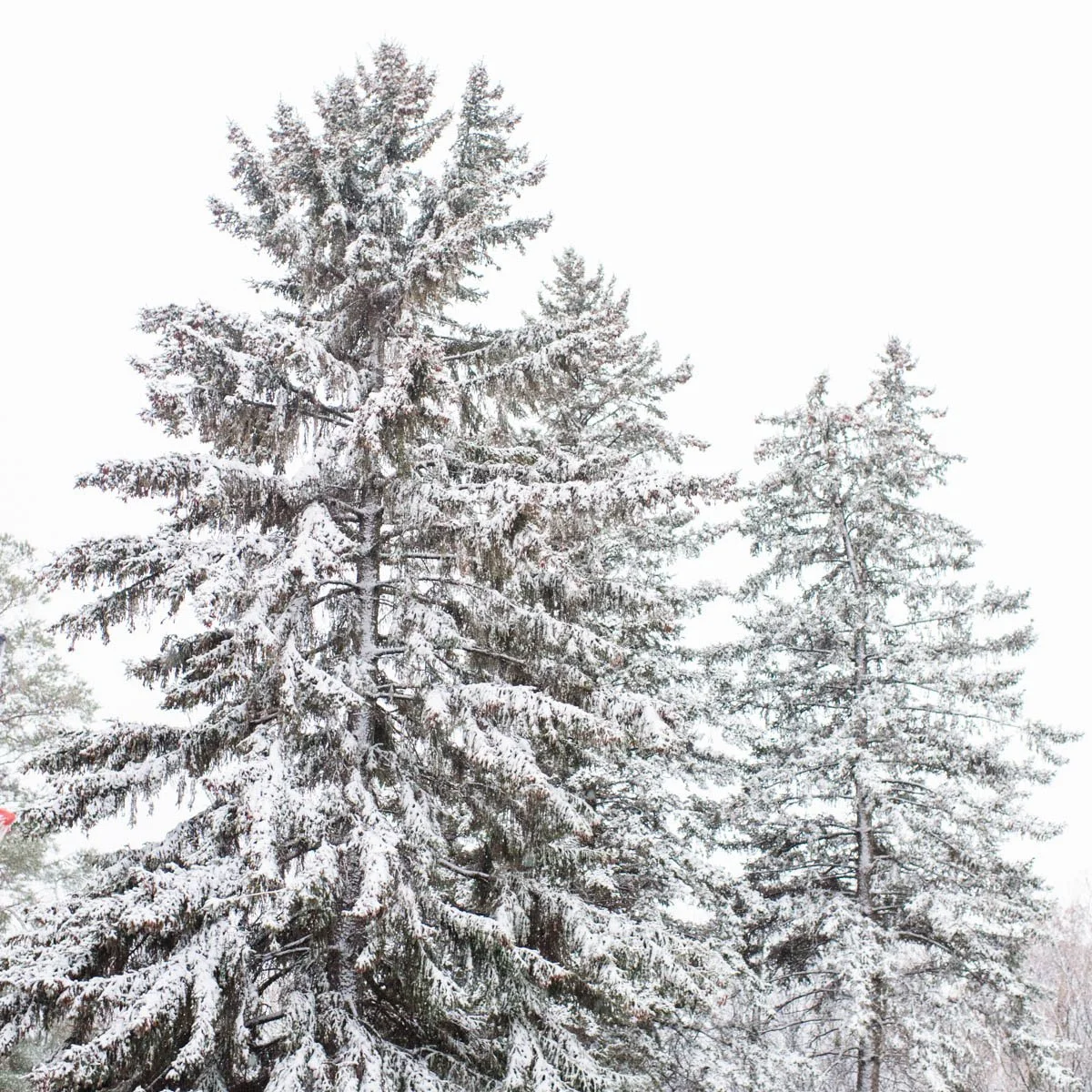When survival is growth - a love letter to emerging brands
LISTEN TO ANGE READ THIS BLOG POST WITH THE AUDIO FILE, BELOW.
We are in a crisis, in case you missed it (congrats actually, I envy you.) Let’s consider how some of the ‘business priorities’ set us up to fail. Expanding too fast, hiring too many, allowing costs to balloon, and cash reserves dwindle, we see our runways shrink. The other night on Twitter I saw a marketer I admire deeply, Eli Weiss, post a question about ‘we made too much’ sales and it was actually with a brand I had previous experience with, when I was working in a distribution business. This brand was offering 40% off products due to production that outstripped demand. If I had to guess, they do that because natural brands like theirs are formulated with cleaner ingredient profiles, which have shorter expiry ranges than many conventional products. And times are tough. I responded with a two line reply that got a cute bump of likes. I said, “Forecasting is hard. Life is hard”. It resonated.
Surviving this kind of crisis takes business acumen, absolutely. Making critical choices with teams and products, projects and suppliers, begging for funding, negotiating to save our lives. Crisis shakes us in one particular way: our definition of growth.
When we’re squeezed on all sides it can feel fully claustrophobic. When costs are rising, and revenues are falling, fees are cropping up everywhere, and your team is (still!) asking for raises, there’s a sense of capital-d Doom. So, today I’m going to compare our brands to trees for a bit. If that makes you want to roll your eyes, I understand and no offence if you bounce ha. We can lean on data and operations, champion stakeholder love, double down on purpose and values, and protect our people with conscious leadership.
Here’s my (compassionate and partially tough) love letter for us to make it through this winter season.
Hold the (tree) line. Invest in revenue generation. Lean into omnichannel sales activity, with a concentration on retailers and distributors, which includes supporting existing partnerships and key accounts as a core focus to survive, together. Look at the ROI on trade spend and track accruals closely - know what’s working and what isn’t. This is always a good idea, but it’s easy to get relaxed about it when everything is frothy frothy. Too often it’s a trailing indicator. Become more actively data driven. If you haven’t already, set up a scorecard with a weekly set of business health metrics, an approach practised in EOS methods. Keep the pulse. And then act on it. This is especially important for sales. Carefully consider expectations and decide how growth perspectives during a crisis can transform communications, management practices and defining success in this season. Let’s be honest: not all brands will see the other side of this financial fire. Success in a recession is often about staying power - the chance to say, we’re still here. We’re still selling. Our tree is still alive. Sometimes, survival is growth.
Balanced wins are hard earned. Trade-offs in a crisis can literally destroy a business - huge supply chain cost increases, fees on fees on fees, labour costs spiking - like, the effects of a recession economy are a gas guzzling chainsaw held precariously close to the trunk of the tree. We’re holding our breath hoping no headlines will pronounce, ‘Timber’. Now is the time to sharpen our negotiation skills and lean on our rapport and trust in relationships. Can’t afford the cost increases from the manufacturer? Call them in with sympathy, and ask them for help (and loyalty) in the short term with creative cost sharing solutions. Worried layoffs may be necessary? Review the salary line and see if everyone suffering a little, might save any one from suffering a lot. Retailers adding hundreds, even thousands of dollars of fees, demanding ‘it’s just business’? Implore them to shoulder the scare with you, meet you in the middle, or help with brand building in cost effective ways. In Conscious Capitalism we practice something called Win6, which is a clunky, corporate way of saying no to detrimental trade offs and seeking reciprocity between stakeholders. I see it this way. Some trees have a fun habit of ‘crown shyness’ - scientists find this fascinating, because it’s trees essentially holding space for each other. It’s “mutual shading based on well-understood shade avoidance responses”. I’m using all my self-control not to side track this post with a series of funny shade jokes (‘NO SHADE’ you shout to your supply chain haha). Besides the fact that it looks beautiful - all symmetry and co-existence in the forest canopy - it is also deeply practical. All the trees hold their space, in a healthy pattern, in order to thrive. They don’t crowd each other out, pushing their branches into each other to dominate, casting all kinds of shade. Growth doesn’t happen in the shadows - so let’s create working relationships that turn our leaves up towards the sun.
Doing things well, means having it hard (sometimes). Listen, I wish I could say, sustainability and social impact, and truly inclusive team building is easy f*cking peasy. I wish doing the right thing was the easy thing. Often, it isn’t. In plenty of cases for early stage companies, doing the right thing is the hard thing. It costs more. More money, more effort, more problem solving, more sacrifice, more often than not. If we wanted to cut costs, cut corners, cut out people, we could. But conscious capitalism, with purpose, stakeholder love, caring cultures and authentic leadership calls us to a (stubbornly challenging) better way. It isn’t all suffering. There’s so much fulfillment and joy and prosperity in this approach. But it isn’t guaranteed and it doesn’t usually arrive overnight. It’s further complicated in a crisis. I’ve watched brilliant brands become Bcorps and see their sales stagnate. Being ‘good’ isn’t a guarantee for ‘growth’. In this season of inflation and consumer confidence slipping, it’s reasonable to wonder how brands for a better world will weather this. Well, our purpose is deeper. Profit is like branches on the tree growing taller, and purpose is the roots system digging into the soil, holding us steady. Some seasons will see our branches and leaves suffer, but our roots system sustains. It might be a drought, we might lose some leaves, but the tree can still stand. Stay steady in the strength of purpose.
Leading through a storm is scary. Founders, managers, leaders of all levels are feeling the strain, wondering if the same things that brought us to leadership can keep us here. We might need to MELT DOWN - we all need a good meltdown. Maybe because of pressure, maybe because of inexperience, maybe because the joy that brought us to the journey is eroding. Let’s agree to put a container around that, whenever possible. Take it to our advisors (don’t have those? Find some). Take it to a mentor, peers outside of the company, a frigging therapist. Let’s not shoulder our team with burdens that are not their responsibility to bear, even as we strive to bring honesty and transparency to a challenging season of the business. Especially during, what is quite possibly, a difficult season personally and professionally for our people. Their cost of living is increasing, their livelihoods are in peril. Integrity and patience are easier when times are good, the economy is strong and everything is moving up and to the right. Tougher when we fear we might not make it to the other side. That’s still our responsibility as leaders. While we may need to make truly tough choices, we don’t want to make things tougher for everyone else because we haven’t set up support to cope. Whatever the outcome of a crisis like the one we’re facing, we always have a choice on behaviour, how we communicate, how we lead. Let’s not abdicate that. To keep the tree thing going, our people are the sap of the enterprise - they’re the nourishing force keeping the whole thing alive. Don’t zap the sap. It’s tempting to imagine that the ‘fluffy stuff’ like culture, leadership and legacy take a back seat in a time like this. This is the winter, and cold, bare branches threaten us with dormancy. That’s when our people need us to be steady and true. We can trust in the cycle of the seasons. Spring will surface again.










